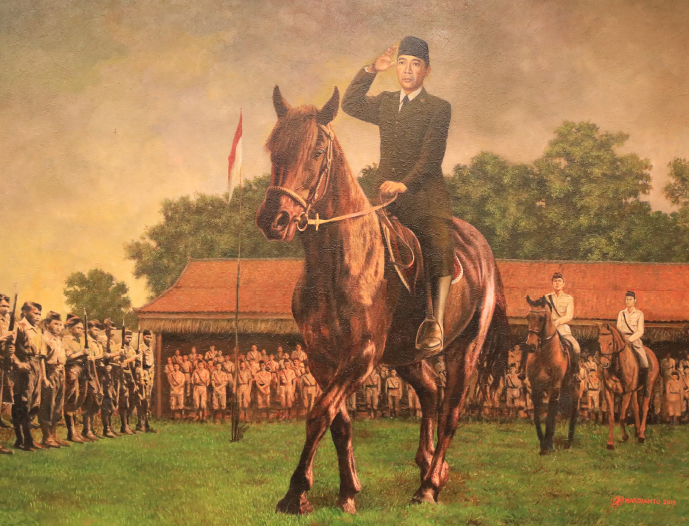In the history of Indonesia, there have been knights who have shown bravery and resilience in the face of foreign invaders. One such knight who has served as a role model is the first President of Indonesia, Bung Karno. Born in Surabaya in 1901, Bung Karno founded the Indonesian National Party (PNI) at the young age of 26 in 1927. He was arrested by the Dutch in 1929 due to his influential writings that stirred the spirit of nationalism among the Indonesian people.
Despite being imprisoned, Bung Karno continued to fight for Indonesia’s independence. He crafted the historic speech “Indonesia Menggugat” from prison and actively worked towards realizing Indonesia’s independence, formulating Pancasila and the 1945 Constitution. His courage to proclaim Indonesia’s independence on August 17, 1945, in the face of adversity and lack of resources, is truly commendable.
Another significant event in Indonesia’s history was the speech made by President Sukarno at the BPUPKI session on June 1, 1945, where he firmly established Pancasila as the ideological foundation of the newly independent Indonesian state. Despite facing pressure to base the country’s foundation on religion or ethnicity, President Sukarno chose to create a nation for all, emphasizing unity and inclusivity.
Despite being a political opponent of Bung Karno, Professor Soemitro, who participated in the PRRI/Permesta ‘rebellion’ against Sukarno’s government, acknowledged Bung Karno’s leadership and his role in uniting Indonesia. Professor Soemitro’s regret of leaving Bung Karno’s side later in life serves as a lesson in being flexible and not rigid in one’s beliefs.
Through the stories shared by Pak Soemitro and his regrets, it is evident that despite having opposing views, mutual respect and flexibility are essential in leadership. The lessons learned from Bung Karno’s leadership and the interactions with Professor Soemitro highlight the importance of unity, inclusivity, and the willingness to collaborate for the greater good of the nation.
